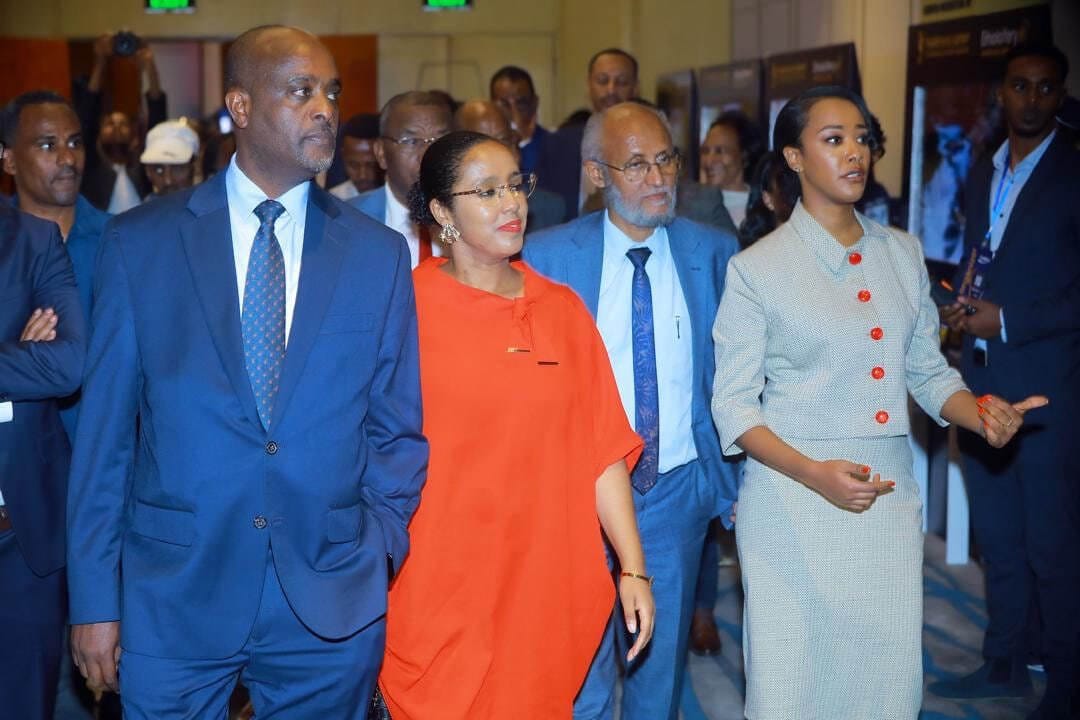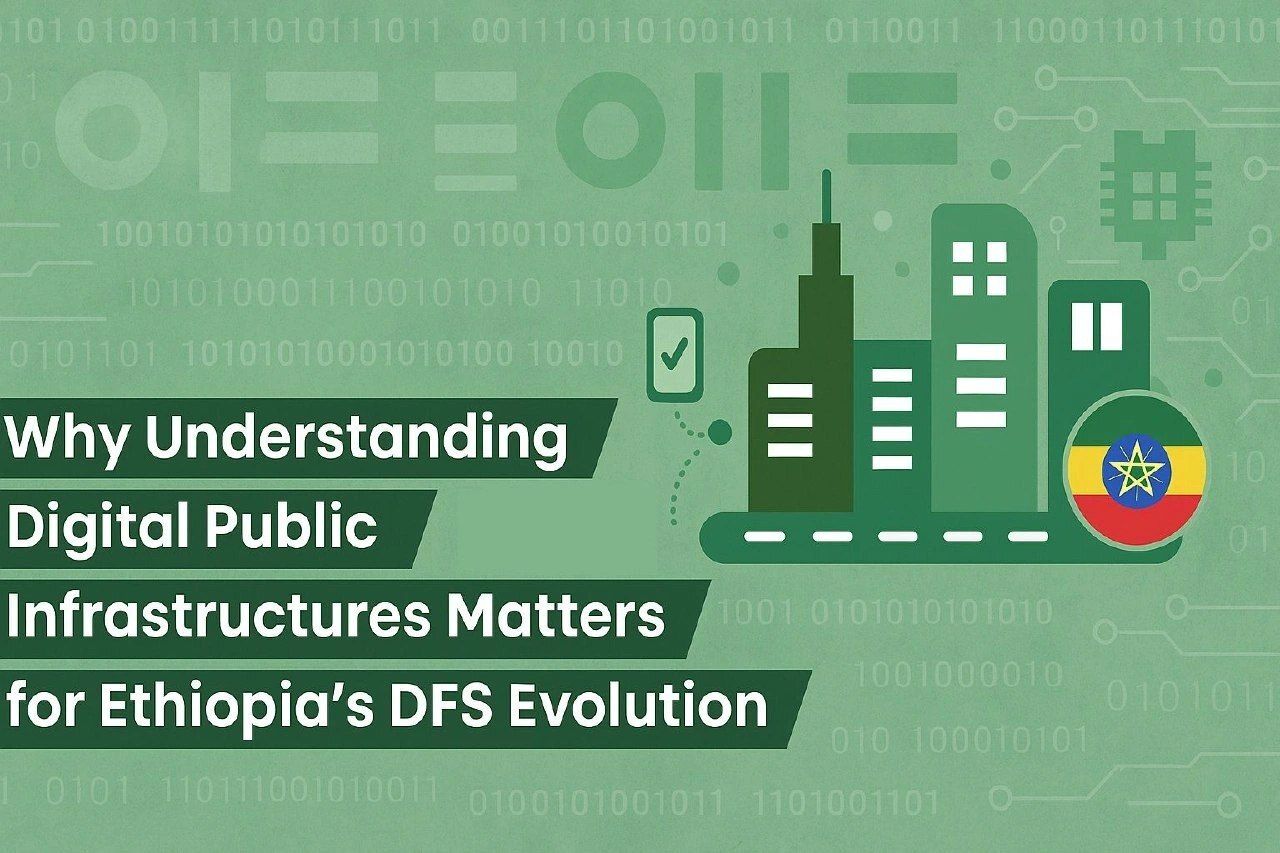
Hello
In the past week, Ethiopia launched its first-ever digital lottery system, while the Ministry of Transport and Logistics announced a ban on the import of three-wheelers powered by internal combustion engines.
Additionally, in Q1 2025, African startups secured $469.9 million in funding, with cleantech surpassing fintech as the top-funded sector. Meanwhile, the Ethiopian Investment Commission has announced the issuance of 40 foreign investment permits in the retail and wholesale trade sectors, while Addis Ababa partners with U.S.-based USP Holdings to digitize city parking.
If you are here because someone forwarded you this email, you can subscribe here to get future newsletters.
Ethiopia Launches First-Ever Digital Lottery System
Ethiopia has launched its first-ever digital lottery system, signaling a push to modernize the sector. Officials say the previous paper-based system depended heavily on physical ticket distribution, driving up printing costs and complicating logistics.
Initially, the digital platform will offer popular games like traditional draws, instant-win, and bingo in multiple languages. In the next phase, more modern and engaging game types are expected to follow. Read more.
Ethiopia Bans the Importation of Internal Combustion Engine Motorbikes and Three-Wheelers
The Ministry of Transport and Logistics has banned the import of internal combustion engine two- and three-wheeled vehicles as part of its push toward a greener transport system. Read more.
Addis Ababa Embraces Smart Parking with U.S. Firm USP Holdings
A Public-Private Partnership between the Addis Ababa City Administration and USP Holdings is set to digitize parking across the capital. Stadium, Kasanchis, and Arat Killo are among the first 10 sites. Read more.
Cleantech Takes the Lead as African Startups Raise $469.9 Million in Q1 2025
African startup funding reached $469.9 million in Q1 2025. Cleantech overtook fintech as the most-funded sector, highlighting investor interest in sustainable innovation over traditional African fintech bets. Read more.
Will Ethiopia Miss the AI Wave? GSMA Report Warns of Talent and Tech Gaps
A new GSMA report, launched at the UK-Ethiopia AI Forum, identifies both strong potential and major obstacles, such as limited infrastructure, regulatory gaps, and a shortage of skilled talent. Read more.
Commission Announces 40 Foreign Investment Permits in Retail, Wholesale Trade
Officials at the Ethiopian Investment Commission say they are handing out 40 export, import, retail, and wholesale trade investment permits to foreign companies as part of the government’s efforts to liberalize the economy. Read more.
Ethiopia Buys Time, Not Relief as Creditors Stall on Debt Write-Off
Ethiopia’s official creditors expect to finalize a draft restructuring of the country's debt in the coming months, granting the government more time to repay its obligations while avoiding a direct reduction to the initial debt amount. Read more.
Why Understanding Digital Public Infrastructures Matters for Ethiopia’s DFS Evolution

Imagine a newly paved road in your neighborhood, replacing a dirt road with smooth asphalt. At first glance, it might just seem like another project, but behind it lies a massive investment of public funds. A month after its completion, you’re still getting used to the ease of travel when, one morning, you wake up to the sound of construction workers digging some parts of the road. The Addis Ababa Water & Sewerage Authority has begun installing new pipelines, something that wasn’t coordinated before the road was built.
As crucial as roads are to urban life, they are just one piece of a much larger infrastructure puzzle. Water, electricity, telecommunications, and other essential services must come together to create a fully functional city. But because there was no unified approach, the newly paved road had to be torn up.
And the roads are still not for everyone. The sidewalks remain inaccessible to the visually impaired, and the installation of tactile paving is necessary before the road truly serves all members of the community. The result? Disintegrated efforts, frictions, half-met ambitions, and excluded communities because key factors were not considered.
Digital systems face a similar challenge. A standalone digital platform is like that asphalt road: useful but incomplete on its own. If digital systems are fragmented, they risk leaving people behind. If they lack interoperability, they become inefficient. Read more.
CBE Logs 7.7 trillion Birr in Digital Transactions Over Eight Months
CBE has reported that the value of its digital transactions in the past eight months has soared past 7.7 trillion birr. A figure higher than the total banking sector's digital transactions two years ago. Read more.
Lessons for Ethiopia’s Digital Lending Sector from Kenya’s BNPL Collapse
Lipa Later, a BNPL startup from Kenya, recently entered into administration after raising millions in funding. Its story serves as a cautionary tale for Ethiopia’s emerging digital lending industry. Read more.
Ethiopian Gynecologist's New Tele-Med Platform Might Treat Both Patients, Underpaid Doctors
Amid mounting calls for increased doctors’ salaries, a new telemedicine platform launched last week, allowing physicians to keep 80% of fees earned from video consultations. Read more.
What We Are Reading